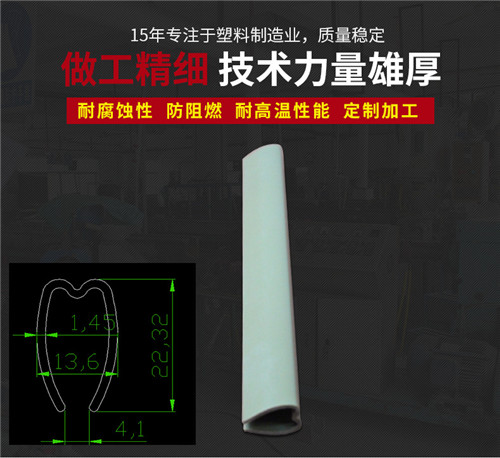
Phone Number :
07 07, 2023

PVC hoses play a vital role in the cosmetics industry, where high-quality and safe products are of utmost importance. These hoses are used for various applications, including transferring liquid ingredients, such as lotions, creams, and shampoos, and connecting different equipment in the production process. To meet the specific requirements of the cosmetics industry, PVC hoses need to undergo rigorous inspections and adhere to certain standards.
The physical and chemical properties of PVC hoses used in the cosmetics industry must meet certain standards to ensure product safety. These hoses should not react with the ingredients of cosmetics, leading to contamination or degradation of the final products. Additionally, they should be resistant to UV radiation, oxidation, and temperature variations typically encountered during production and storage. Therefore, it is crucial to inspect the PVC hoses for their compatibility with cosmetics and their durability under different conditions.
Hygiene is a critical aspect of cosmetics production, and PVC hoses must adhere to strict cleanliness standards. They should be free from any impurities, such as residues from previous usages or contaminants that could compromise the quality and safety of the cosmetics. Regular inspections should be conducted to ensure that the hoses are properly cleaned and maintained, minimizing the risk of cross-contamination between different cosmetic ingredients or products. Proper sanitation protocols should be followed, and the hoses should be inspected for any signs of bacterial growth or degradation due to poor hygiene practices.
The cosmetics industry is subject to strict regulations and guidelines to protect consumer safety. PVC hoses used in cosmetics production must comply with these regulations, which may include specific requirements related to materials, labeling, and testing. Inspections should be conducted to verify compliance with regulatory standards, such as the FDA's guidelines for Good Manufacturing Practices (GMP) and the European Union's REACH (Registration, Evaluation, Authorization, and Restriction of Chemicals) regulations. Non-compliant hoses should be identified and replaced to ensure adherence to the highest safety standards in the cosmetics industry.
In conclusion, PVC hoses used in the cosmetics industry must meet special requirements to ensure product quality, safety, and regulatory compliance. Inspections should be conducted to evaluate the physical and chemical properties, hygiene considerations, and compliance with regulatory standards. By adhering to these requirements and using high-quality PVC hoses, cosmetics manufacturers can maintain the integrity of their products, protect consumer safety, and uphold industry standards.